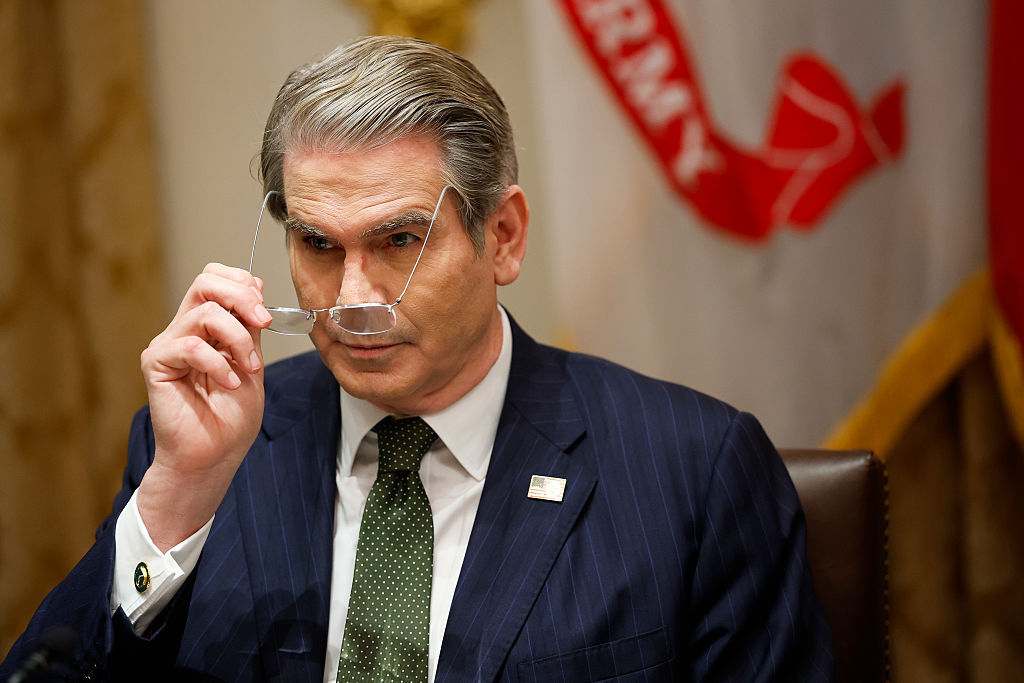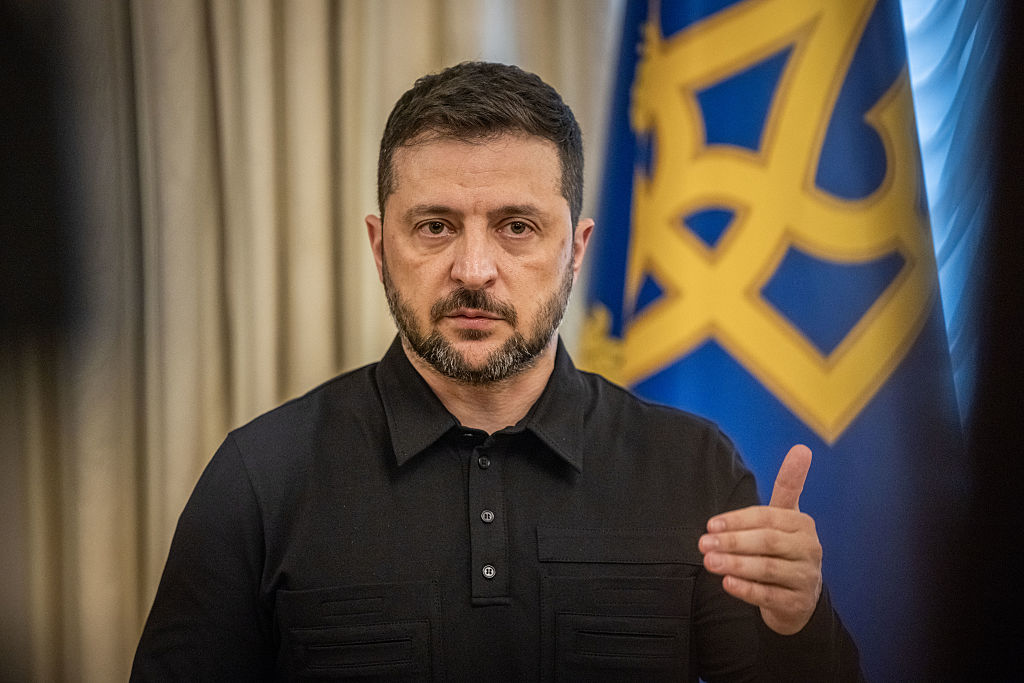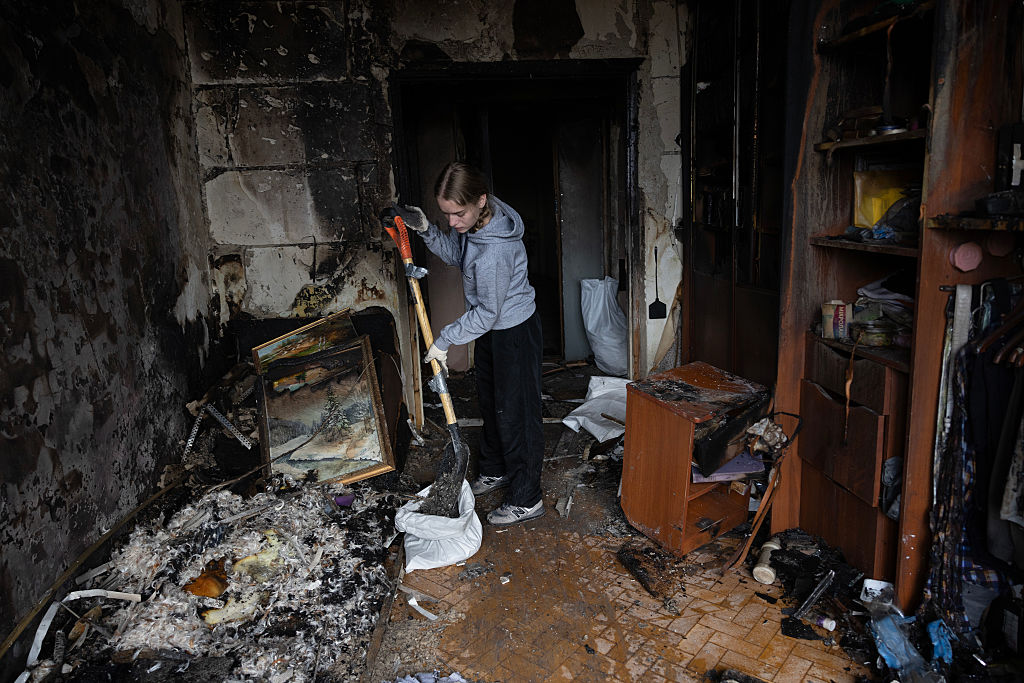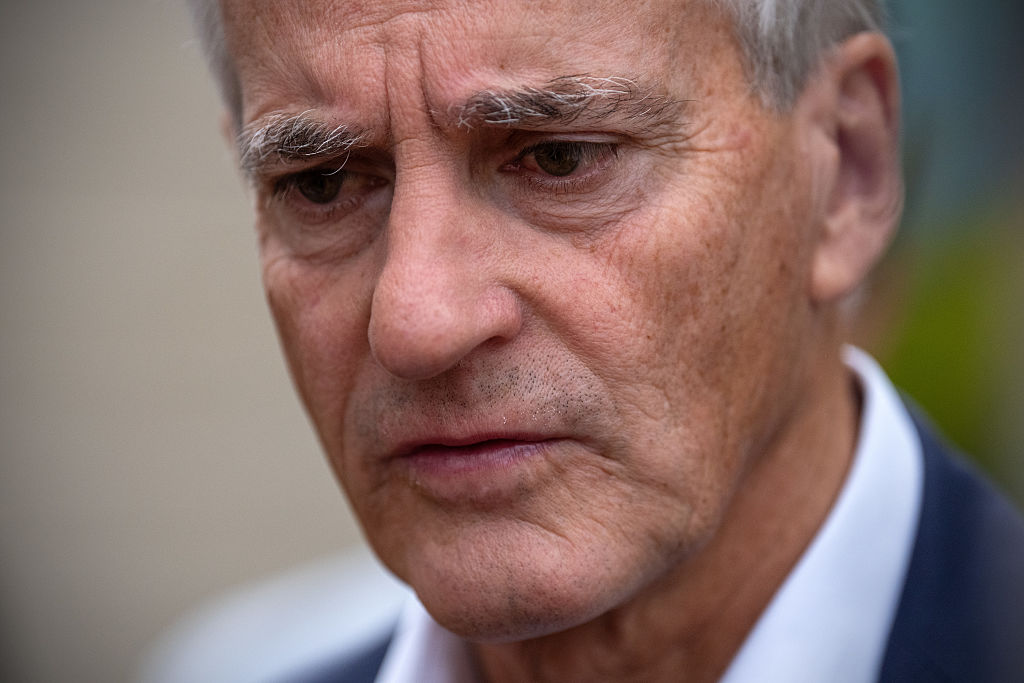The European Union and the US promised a fresh wave of sanctions against Russia for its relentless invasion of Ukraine, with Washington accusing Russian President Vladimir Putin of not being “honest” in responding to its peace efforts.
A spokesperson for the EU’s current Danish presidency of the EU Council told reporters yesterday the bloc had agreed to impose new measures aimed at crimping Moscow’s oil and gas revenues, according to AFP.
That package – the 19th from the EU since the Kremlin’s 2022 invasion – sought to keep the pressure on Russia in light of US President Donald Trump’s faltering peace push and an escalation of Russia’s offensive.
Kremlin-friendly Slovakia had held up adoption of the package over a separate issue as it sought protections for its car industry from EU climate legislation.
As part of the new measures, the 27-nation bloc is bringing forward a ban on the import of liquefied natural gas from Russia by a year to the start of 2027.
The US said new sanctions will target Russia’s two largest oil companies – Rosneft and Lukoil – in an effort to pressure Moscow to negotiate a peace deal in Ukraine.
Trump said late yesterday evening: “I just felt it was time. We waited a long time,” after a meeting with NATO Secretary-General Mark Rutte to discuss peace negotiations, the BBC reported.
The announcement came one day after Trump announced a planned meeting with Putin would be shelved indefinitely.
Earlier yesterday, Russia unleashed an intense bombardment on Ukraine that killed at least seven people, including children.
US Treasury Secretary Scott Bessent told reporters in Washington yesterday the administration would unveil “a substantial pickup in Russia sanctions” by this morning, without giving further details.

“President Putin has not come to the table in an honest and forthright manner, as we’d hoped,” Bessent told broadcaster Fox Business separately, adding that Trump was “disappointed at where we are in these talks”.
He said the sanctions were needed due to “Putin’s refusal to end this senseless war”, according to the BBC.
“Now is the time to stop the killing and for an immediate ceasefire,” Bessent said in a statement, adding that his office will “take further action if necessary to support President Trump’s effort to end yet another war”.
Speaking alongside Rutte in the Oval Office yesterday, Trump was asked about the timing of the new sanctions.
He said they would help convince Russia to stop fighting, calling the sanctions package “tremendous”.
“These are tremendous sanctions … And we hope that they won’t be on for long. We hope that the war will be settled,” he told reporters.
US lawmakers, including Republicans, have been waiting for a go-ahead from the White House to vote on a bill that would enforce steep sanctions against Russia and also target countries that purchase oil from the Kremlin, according to the BBC.
At the White House, Rutte was expected to discuss a 12-point plan formulated by European NATO allies and Kyiv, which would see the current front lines frozen, a return of deported children as well as a prisoner exchange between the two warring countries.
The plan also includes a war recovery fund for Ukraine, as well as security pathways and a clear route for Ukraine to join the EU, as well as increased military aid to Kyiv and economic pressure on Moscow.
Trump halted plans to meet Putin for talks in Budapest on October 21, saying he did not want a “wasted” meeting. He had said he would meet Putin within two weeks, AFP reported.

The Kremlin yesterday appeared to leave the door open for a summit, saying preparations were still ongoing.
Kremlin spokesman Dmitry Peskov told reporters: “No one wants to waste time, neither President Trump nor President Putin.”
The new sanctions move comes one week after the UK slapped a similar sanctions package on Rosneft and Lukoil.
The two Russian oil firms export 3.1 million barrels of oil per day. Rosneft is responsible for nearly half of all Russian oil production, which makes up 6 per cent of the global output, according to estimates from the British Government.
The EU also blacklisted more than 100 more tankers from the so-called “shadow fleet” of ageing vessels used to help Russia dodge restrictions on its oil exports.
Beyond efforts to hit Moscow’s revenues, the EU was also looking to crack down on Russian diplomats suspected of espionage by imposing controls on their travel around Europe.
The latest sanctions package is scheduled to be formally adopted today, just before Zelensky joins EU leaders at a summit in Brussels.
Bessent said in a statement: “We encourage our allies to join us in and adhere to these sanctions,” Reuters reported.
The sanctions are a major policy shift for Trump, who had not put them on Russia over the war and instead relied on trade measures.
The US President imposed additional 25 per cent tariffs on goods from India in retaliation for it purchasing discounted Russian oil.
He has not imposed such measures on China, another major buyer of Russian oil. A $60 (€51.60) price cap on Russian oil imposed by western countries after Russia’s invasion has shifted Russia’s oil customers in recent years from Europe to Asia.
Earlier yesterday, Zelensky signed a letter of intent with Sweden to acquire 150 Gripen fighter jets, hours after fatal Russian attacks battered Ukraine’s energy grid and spurred nationwide outages.

“We are opening an undoubtedly new and very meaningful chapter in our relations,” Zelensky said while standing in front of a Gripen, adding the “excellent aircraft” would help to protect Ukraine’s sky from daily Russian air raids.
The letter of intent did not provide dates but Sweden’s Prime Minister Ulf Kristersson said he expected the first planes to be delivered to Ukraine “within three years”. Zelensky said he hoped for “first results” as early as 2026.
The Ukraine President launched his string of European visits hours after Russia’s latest overnight barrage yesterday killed more than seven people, including at least two children.
Russia fired 405 drones and 28 missiles at Ukraine between late on October 21 and early yesterday – most of which were intercepted – Ukraine’s air force said.

Journalists in Kyiv said they heard the buzzing of Russian drones and explosions throughout the night and saw a pillar of smoke rising above the capital.
“My hands are still shaking,” Kyiv resident Mariana Gorchenko told AFP.
“I jumped up, glad that my little one wasn’t in the room where the windows were blown out,” she said.
The strikes also damaged a kindergarten in Ukraine’s second-largest city of Kharkiv.
Also yesterday, Trump pushed back against reporting in the Wall Street Journal that the US had approved Ukrainian long-range missile strikes into Russia, calling it “fake news”.
Zelensky has expressed a desire for the US to supply long-range Tomahawk missiles to his forces and suggested that the threat of their introduction to the war theatre may bring Russia to the negotiating table.
The latest attacks also targeted the Ukraine’s energy infrastructure, leaving thousands without heating and electricity across the country in the cold season, according to the energy ministry.
Russia said it had targeted Ukrainian energy facilities supplying the military, including with hypersonic missiles, in what it called retaliation for strikes on Russian civil infrastructure.
Zelensky also visited Oslo earlier yesterday for talks with Norwegian Prime Minister Jonas Gahr Støre Store and was also set to visit Brussels and London shortly, a Ukrainian source told AFP.

In Oslo, Zelensky backed Trump’s proposal to make the current front line the basis for negotiations with Russia but said he doubted Putin would accept it.
Ukraine and European allies have repeatedly rejected calls for Kyiv to give up land.





